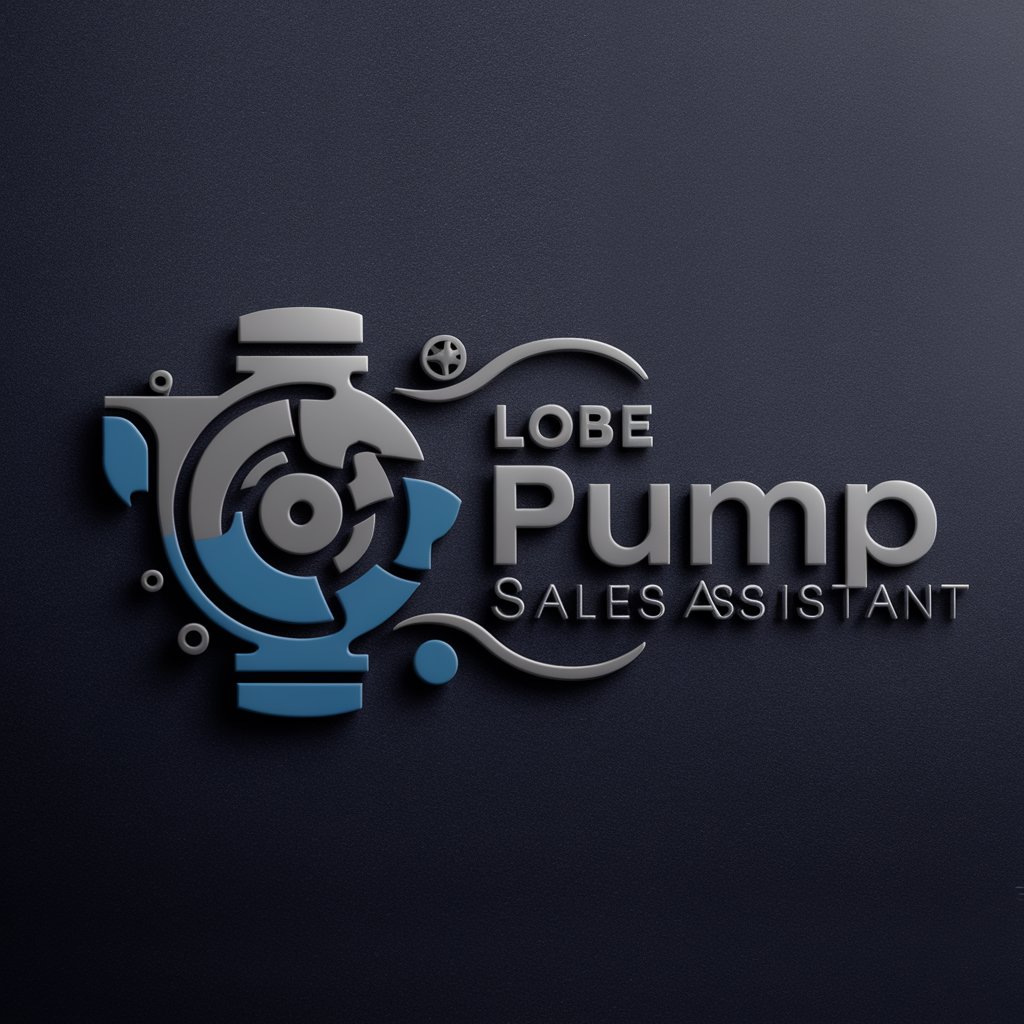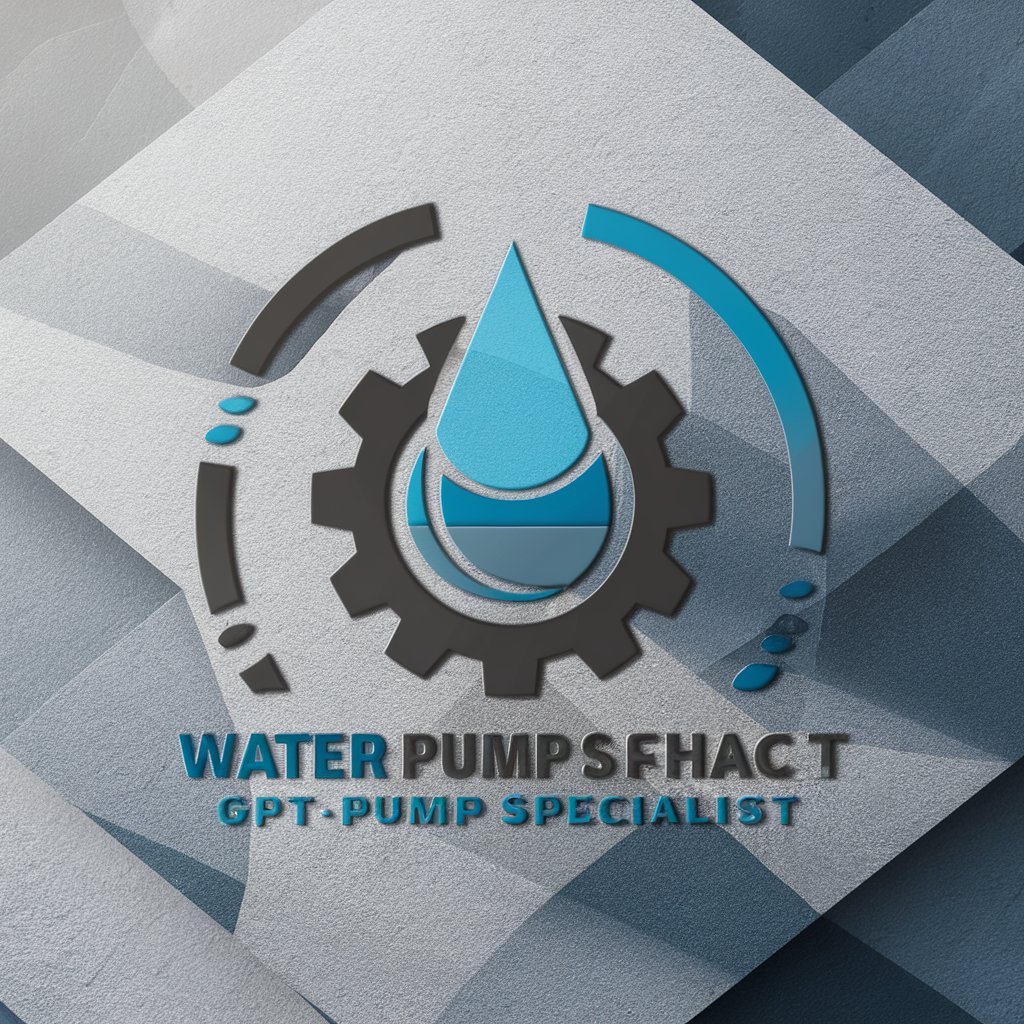
Pumps - Expert Pump Insights
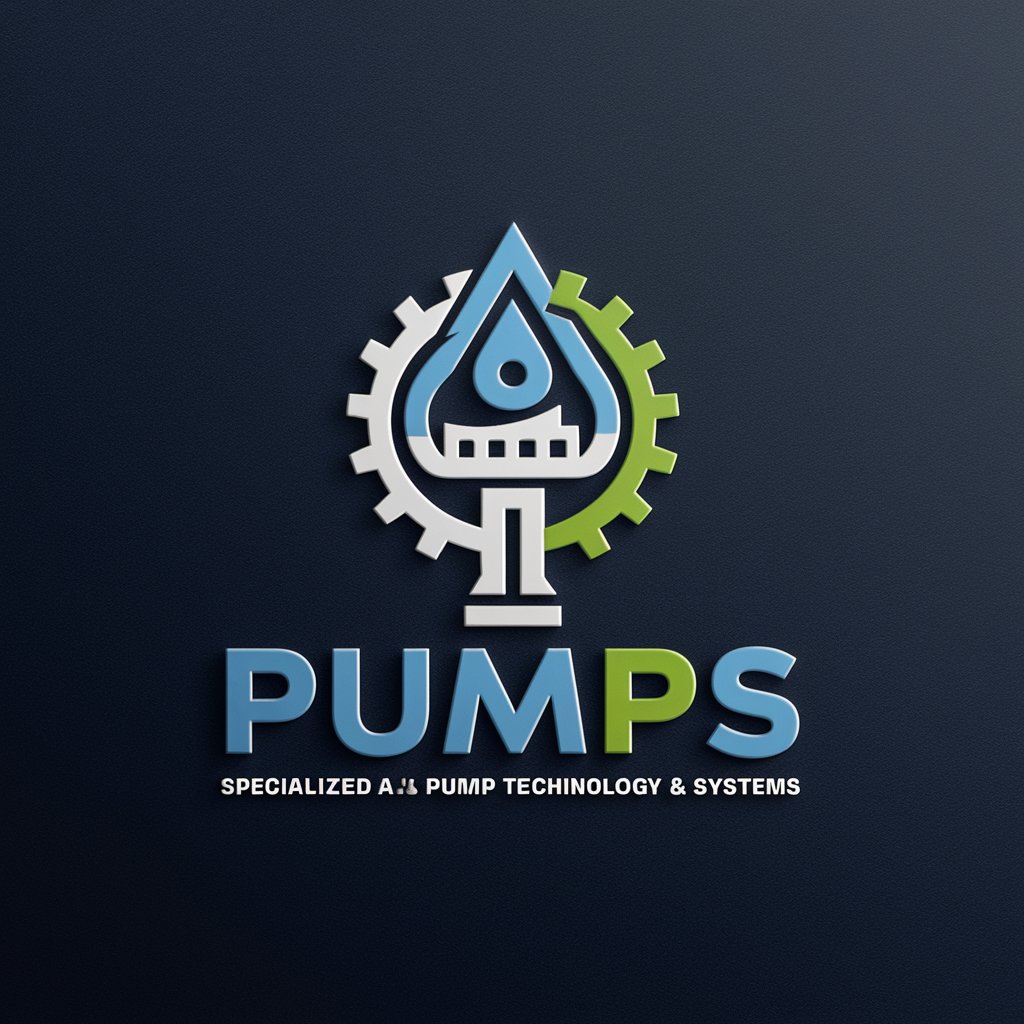
Welcome! I'm here to help you explore water pump technology and systems.
Elevate Water Management with AI
Explain the difference between centrifugal and positive displacement pumps.
What are the key components of a submersible pump?
Describe the role of pumps in municipal water supply systems.
How do variable frequency drives enhance pump efficiency?
Get Embed Code
Introduction to Pumps
Pumps are mechanical devices designed to move fluids (liquids or gases) from one place to another through the creation of a pressure differential. They are essential components in a wide range of industrial, residential, and commercial applications, facilitating the transportation, circulation, and processing of various fluids. Pumps come in various designs and sizes, tailored to specific tasks, ranging from small pumps used in medical devices to large scale pumps in water treatment plants. For example, centrifugal pumps are widely used for water supply systems, utilizing a rotating impeller to increase water pressure and flow rate. In contrast, positive displacement pumps, such as diaphragm pumps, are used where precise volumes of fluid must be moved, such as in chemical dosing systems. Powered by ChatGPT-4o。

Main Functions of Pumps
Fluid Transportation
Example
Centrifugal pumps in municipal water supply
Scenario
Used to transport water from reservoirs to treatment facilities and then to residential homes, overcoming gravitational and frictional losses.
Fluid Circulation
Example
Circulating pumps in heating and cooling systems
Scenario
Responsible for moving heat transfer fluids through HVAC systems, ensuring efficient heating or cooling of buildings.
Pressure Boosting
Example
Booster pumps in high-rise buildings
Scenario
Increases water pressure to ensure adequate flow at all floors of a building, compensating for losses due to height.
Fluid Metering
Example
Diaphragm pumps in chemical dosing
Scenario
Precisely measures and injects chemicals into processes, crucial for maintaining water quality in treatment plants.
Ideal Users of Pump Services
Municipalities and Water Utilities
Responsible for providing water supply and sewage services to communities, requiring efficient and reliable pumping systems for water distribution and wastewater treatment.
Industrial Facilities
Use pumps for a variety of processes, including cooling, lubrication, and chemical processing, necessitating robust and specialized pumping solutions.
Commercial and Residential Building Managers
Need pumps for HVAC systems, water supply, and firefighting systems, requiring pumps that are efficient and can meet the varying demands of the building occupants.
Agricultural Sector
Utilizes pumps for irrigation and livestock watering systems, needing durable and efficient pumps to ensure the availability of water for crops and animals.

Guidelines for Using Pumps
Start with a Trial
Begin by exploring Pumps' capabilities through a hassle-free trial at yeschat.ai, accessible without any login requirements or the need for a ChatGPT Plus subscription.
Understand Your Needs
Identify the specific water management challenges you're facing to determine the most appropriate type of pump for your application, whether it's for irrigation, flood control, drinking water supply, or wastewater treatment.
Installation and Setup
Follow the manufacturer's guidelines for installation, ensuring the pump is correctly sized for your system and properly integrated with any existing water infrastructure.
Operation Guidelines
Operate the pump according to its operational manual, paying close attention to maintenance schedules, efficiency optimization, and safety precautions to ensure long-term reliability.
Monitoring and Maintenance
Regularly monitor the pump's performance and conduct routine maintenance, such as checking for leaks, wear, and ensuring the motor is functioning efficiently, to prevent breakdowns and extend its lifespan.
Try other advanced and practical GPTs
Como invertir en criptomonedas
Empowering Your Crypto Journey with AI

Journey Crafter
Crafting Realistic Visions with AI

TDH - Valuation Consultant
Empowering Valuations with AI Insight

Air Conditioning Service Miami, Florida Ai Aid
Your AI-powered AC service navigator.
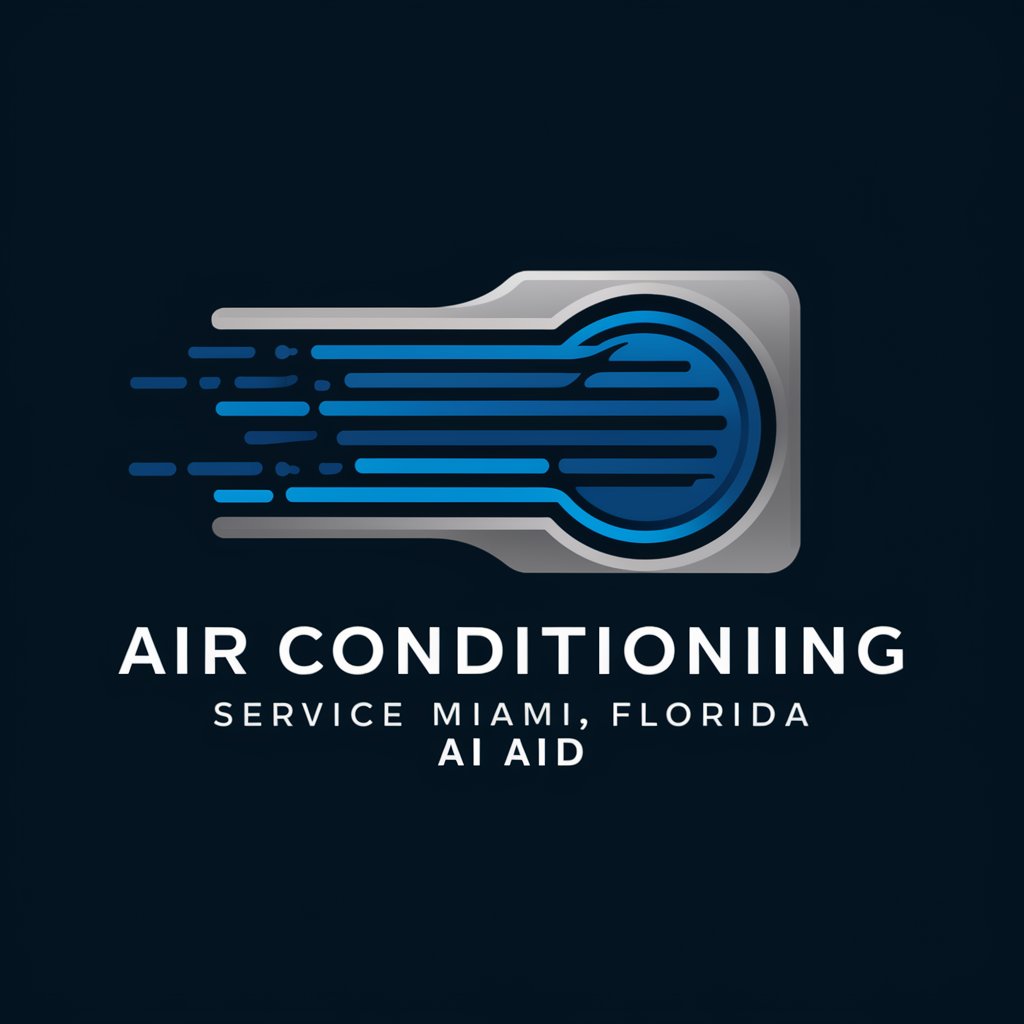
Mentor Financiero
Empowering Financial Decisions with AI

Song Parody Generator
Turn any song into a playful parody

Swiss Bank Advisor
AI-powered Swiss Finance Expertise

Image Alt Describer
AI-powered image description generator

Guardian
Your AI-powered privacy guardian.

Alimentación digital IA
Empowering your diet with AI-driven insights.

Miaou Assistant
Empowering cat care through AI

Vivisect meaning?
Unveiling deeper meanings with AI
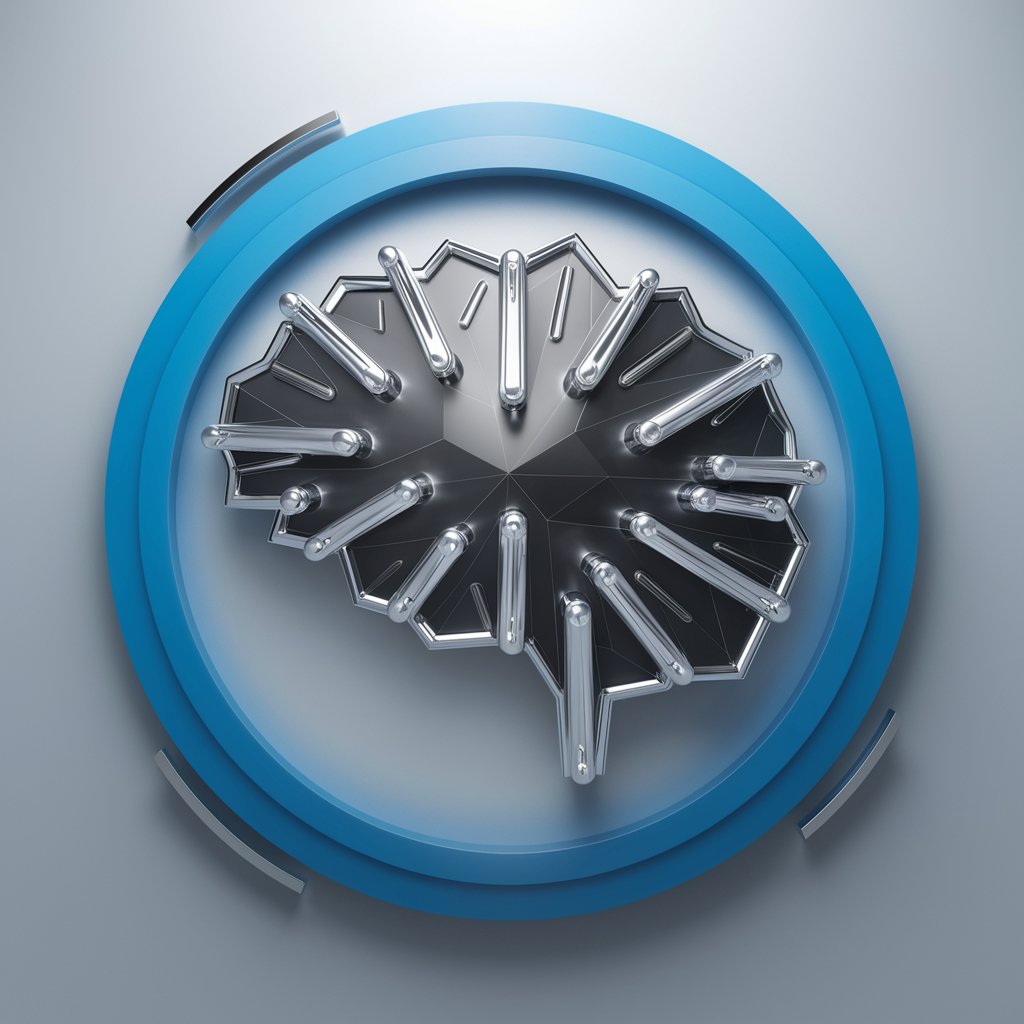
Frequently Asked Questions About Pumps
What types of pumps are there?
Pumps can be broadly categorized into three main types: centrifugal, positive displacement, and specialty pumps. Centrifugal pumps are suitable for large volume needs and are widely used in water treatment and irrigation. Positive displacement pumps are ideal for applications requiring precise volume control or handling viscous fluids. Specialty pumps, including submersible and turbine pumps, are designed for specific applications like deep wells or high-pressure environments.
How do I choose the right pump?
Selecting the right pump involves considering factors such as the fluid's characteristics, required flow rate and pressure, the pump's efficiency, and the total head loss in your system. Consulting with a pump specialist or engineer is recommended to ensure the chosen pump meets your system's demands effectively.
What is the significance of pump efficiency?
Pump efficiency, defined as the ratio of the pump's hydraulic power output to its mechanical power input, is crucial for minimizing energy consumption and operational costs. A higher efficiency means less energy is wasted, making the pump more cost-effective and environmentally friendly over its lifecycle.
Can pumps handle solid particles?
Certain pumps, especially those designed for wastewater and slurry applications, can handle fluids with solid particles. However, the size and concentration of solids that a pump can accommodate depend on its design and operational limits. Regular maintenance is essential to prevent clogging and wear.
How do I maintain a pump?
Pump maintenance involves routine inspections, lubrication of moving parts, checking for leaks or damage, and replacing worn components. Adhering to a maintenance schedule based on the manufacturer's recommendations and monitoring system performance can significantly extend the pump's service life and ensure optimal efficiency.

